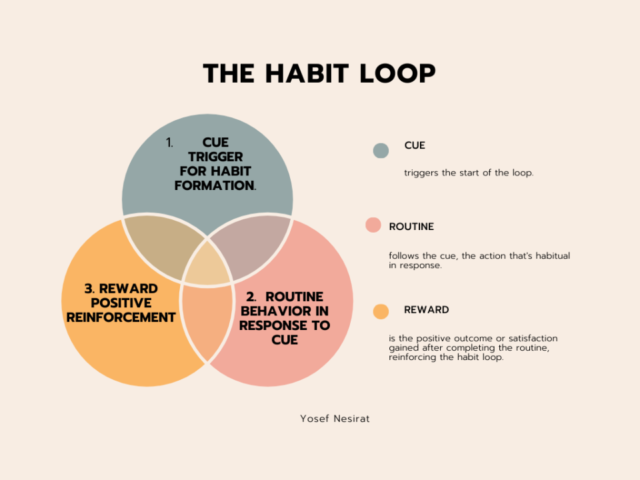In the dynamic landscape of the modern workplace, the significance of habit formation cannot be overstated. The amalgamation of science-backed insights, strategic implementation, and the ensuing benefits forms the cornerstone of a thriving work environment. Let’s delve into the intricacies of cultivating habits that foster productivity and well-being.

Short on time? Here’s a quick summary
Key Points:
- Science Behind Habits: Neuroplasticity, the brain’s ability to adapt, is central to habit formation. Consistent actions strengthen neural pathways, making habits integral to behavior.
- Effective Strategies: Clear routines, gamification, and social reinforcement are potent strategies. Routines reduce decision fatigue, gamification enhances engagement, and social support fosters a positive habit-forming environment.
- Benefits of Habits: Enhanced productivity, improved well-being, and organizational success are the outcomes. Positive habits streamline tasks, boost job satisfaction, and contribute to a thriving workplace culture.
Conclusion: Embracing habit formation is not just a choice; it’s a strategic imperative for building a future-ready and thriving workplace. By integrating science-backed insights and effective strategies, organizations can unleash the full potential of their workforce.
The Science Behind Workplace Habits
Understanding the science behind habit formation is pivotal for fostering positive behaviors in the workplace. Neuroplasticity, the brain’s ability to rewire itself, plays a crucial role. By consistently repeating actions, neural pathways are strengthened, making habits more ingrained. Recognizing this neurobiological aspect empowers organizations to create conducive environments for habit development.

Crafting Effective Strategies
a. Establishing Clear Routines
Implementing clear and consistent routines provides employees with a sense of structure. Whether it’s the morning ritual or project workflows, routines streamline tasks, reducing decision fatigue and promoting efficiency.
b. Gamification for Engagement
Infusing an element of gamification into workplace habits can elevate engagement levels. Reward systems, challenges, and friendly competitions not only make the process enjoyable but also stimulate a sense of accomplishment.
c. Social Reinforcement
Human beings are inherently social creatures. Utilizing peer support and recognition fosters a positive environment for habit formation. Encouraging teams to share successes and challenges creates a collective commitment to growth.

Reaping the Benefits
a. Enhanced Productivity
As habits become ingrained, the efficiency of task execution skyrockets. With reduced cognitive load, employees can channel their energy into more complex aspects of their roles, boosting overall productivity.
b. Improved Well-being
Establishing positive habits contributes to employee well-being. Regular breaks, healthy practices, and mindfulness routines create a harmonious work-life balance, leading to increased job satisfaction and reduced stress levels.
c. Organizational Success
The ripple effect of individual habits extends to organizational success. A workforce aligned with positive habits propels the company towards its goals. The collective impact of these habits contributes to a thriving and resilient workplace culture.
Conclusion

In the realm of workplace dynamics, habit formation emerges as a catalyst for progress. Grounded in scientific principles and strategically implemented, these habits not only enhance individual performance but also contribute to the holistic success of the organization. Embracing the art of habit formation is not just a choice; it’s a strategic imperative for building a future-ready and thriving workplace.




